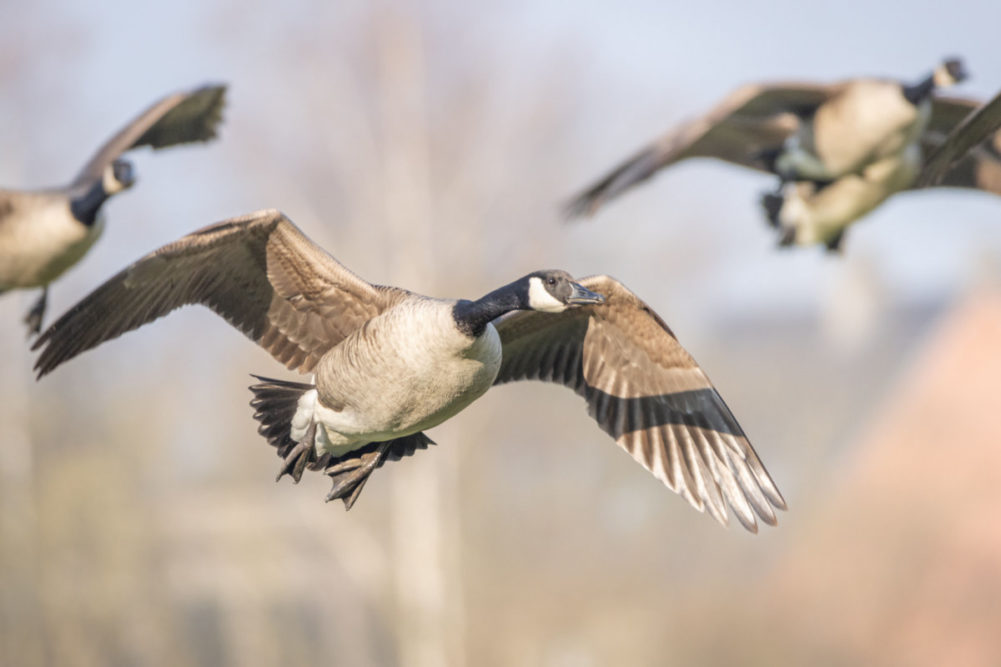QUEBEC – The first three cases of highly pathogenic avian influenza (HPAI), subtype H5N1 were confirmed in Quebec. The first case was in a Canadian goose in Granby, and two others in snow geese, one in Saint Jean sur le Richelieu and the other in Saint Isidore de Laprairie in Montérégi.
Several cases of HPAI have been identified among both wild and farmed birds elsewhere in Canada since December 2021, in Ontario, British Columbia and the United States and were expected in Quebec. The virus began circulating in Europe in 2020 and wild birds often spread the virus during their migrations.
HPAI occurs naturally in wild birds, especially among aquatic species such as geese, ducks and seagulls. Wild birds usually suffer few if any clinical symptoms and species conservation is rarely affected, although highly pathogenic virus can sometimes cause sporadic mortality.
In domestic poultry the virus can cause severe clinical symptoms and high mortality rates on poultry farms. It can quickly decimate flocks and devastate the industry. The Ministère de l’Agriculture, des Pêcheries et de l’Alimentation du Québec (MAPAQ) emphasizes the importance of avoiding all contact between domestic poultry and wild birds.
Commercial farms and hobbyists with backyard flocks must implement preventative and biosafety measures and monitor the health of birds. If any unusual mortality or other symptoms of the disease arise, they should consult a veterinarian immediately.
According to Canadian animal health officials, the general public should not handle live or dead wild birds. If contact with a wild bird can’t be avoided, gloves should be used or a doubled plastic bag to avoid contact with blood, bodily fluids or feces.
If hunting waterfowl, follow the recommendations of the Public Health Agency of Canada to reduce the risk of exposure to avian influenza. There is no scientific evidence suggesting that consumption of properly cooked game birds is a cause of infection for humans. Complete instructions can be found here: Wild birds and avian influenza – Handling guidelines.


